The Importance of Edtech to Create an Inclusive Classroom
Inclusivity is a keyword in today’s education. The ideal classroom is a place where students who face unique challenges in their learning process are not segregated, but welcomed among their peers and given the same level of education. This dream often ends up clashing with reality: insufficient staff or budget can often make it impossible for a school to give disadvantaged students the attention they require.
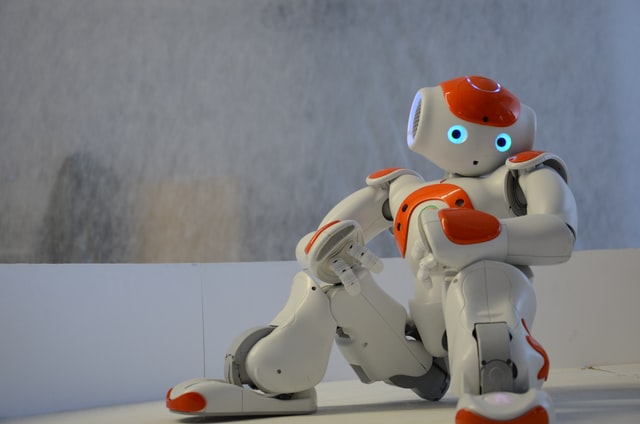 Photo by Erhan Astam on Unsplash
Photo by Erhan Astam on Unsplash
The use of specialized assistive technology can ease the strain on the teaching staff and increase the level of independence of students with physical or intellectual difficulties, bringing the classroom one step closer to being truly inclusive.
- 0 Comments
- Aug 19, 2020 10:00:00 AM
- Posted by Natalia Galvis
- Topics: Robotics, EdTech, STEM, Robots,, students, Technology, Learning, Edchat, online, remote learning, classroom
How To Improve Remote Learning
 Photo by Sharon McCutcheon on Unsplash
Photo by Sharon McCutcheon on Unsplash
The sudden transition to remote learning has caused many schools and districts to come up with more effective ways to help students continue their education. It also found educational institutions in different levels of preparedness with some schools simply sending learning modules to students while others ensure that learners are equipped with the right devices, WiFi, and online curricula as their guide. Fortunately, there are many curriculum providers online that offer free materials for teachers, parents, and students.
Despite being in the best of circumstances, remote learning is still very challenging. A school community transitioning to a remote learning environment requires planning, resources, sustainable professional development, and students to have access to devices and internet connection.
To help you improve remote learning, here are some tips you can apply.
- 0 Comments
- Aug 18, 2020 10:00:00 AM
- Posted by Natalia Galvis
- Topics: Robotics, EdTech, STEM, Robots,, students, Technology, Learning, Edchat, online, remote learning, classroom
How the BLM Movement Can Spark More Diversity in STEM Programs
On May 26, 2020, in response to the murder of George Floyd the day prior, Black Lives Matter protests began in Minneapolis, Minnesota. Since then, protests and riots against police violence have continued, with demands for racial justice. The national outcry has further spread, and individuals, businesses and industries are reevaluating their norms and values. Specifically, diversity in STEM is one field that requires large-scale changes moving forward.
 Photo by Maria Oswalt on Unsplash
Photo by Maria Oswalt on Unsplash
As communities across the United States continue the momentum, people are rejecting the idea of going back to "normal." STEM diversity during BLM is a case study of why a new norm needs to come about.
- 0 Comments
- Aug 17, 2020 10:00:00 AM
- Posted by Natalia Galvis
- Topics: Robotics, EdTech, STEM, Robots,, students, Technology, Learning, Edchat, classroom, BlackLivesMatter
How Technology Supports Relationships Between Teachers & Students
During the three years my colleagues and I spent researching our book Whole: What Teachers Need to Help Students Thrive, we investigated the unique success stories of schools that were “out-performing their zip code.” Often situated in poor neighborhoods, the one consistent element across these “success outliers” was a culture focused on social and emotional well-being, first for teachers and then for students.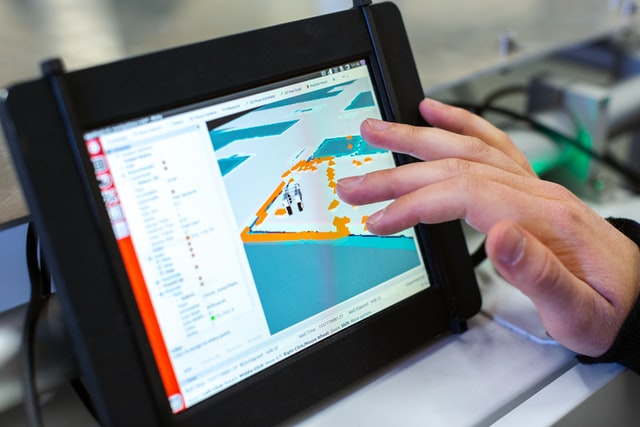 Photo by ThisisEngineering RAEng on Unsplash
Photo by ThisisEngineering RAEng on Unsplash
Enter COVID-19 and an explosion of stress, emotional challenge, and a distance in space and time between teacher and student. Much of what we understood about schooling changed in a matter of days, including schools’ ability to connect with teachers and students in an emotional, caring, and personalized manner. Technology had to immediately fill the gap, and that need will continue.
- 0 Comments
- Aug 14, 2020 10:00:00 AM
- Posted by Natalia Galvis
- Topics: Robotics, EdTech, STEM, Robots,, students, Technology, Learning, Edchat, classroom
How to Sanitize your EdTech Equipment.
In this blog post, we want to show you how to sanitize your EdTech equipment and help to prevent the spread of viruses, germs and bacteria. There are some easy measures to help educators, students, and parents stay healthy. Check it out!
Click on the image above, or here to watch the video
- 0 Comments
- Aug 13, 2020 2:10:43 PM
Making STEM More Engaging and Inclusive
We have a STEM problem in the United States. Once a world leader, the United States currently ranks 27th among developed nations in the number of bachelor’s degrees given in science or engineering. What’s more alarming is that the same research indicates that only around 30 percent of Americans believe that our education system has the capacity to provide young people with the minimum requirements to fill these STEM jobs.
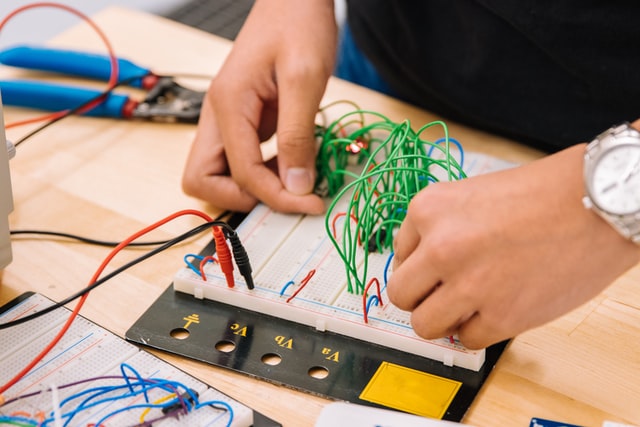 Photo by Jeswin Thomas on Unsplash
Photo by Jeswin Thomas on Unsplash
We contend that these findings are only symptoms of a larger problem with STEM: The current approach to STEM education is far too exclusionary and siloed—a problem that has been exacerbated by the Covid-19 crisis.
- 0 Comments
- Aug 13, 2020 10:00:00 AM
Back to School: Thinking through Whole Room Disinfection in Education Facilities
As the summer months wind down and September approaches, students and faculty prepare to return to school and get back into the routine of another academic year. However, as students and teachers get back to school, they also get back to the threat of infection posed by dangerous germs and pathogens that are commonly spread in educational facilities, such as those that cause respiratory syncytial virus (RSV), rhinovirus, enterovirus D68, and methicillin-resistant Staphylococcus aureus (MRSA), among others.
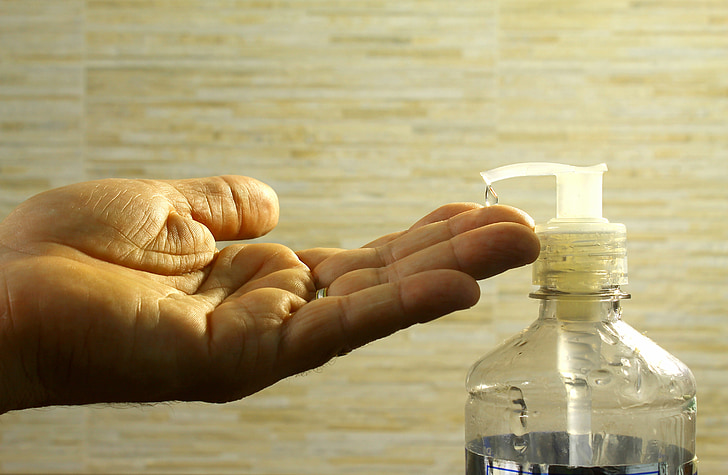 Photo credits: pickpik.com
Photo credits: pickpik.com
- 0 Comments
- Aug 12, 2020 10:00:00 AM
- Posted by Natalia Galvis
- Topics: Math, Robotics, EdTech, STEM, Robots,, students, STEMchat, Mathematics, Edchat, coronavirus, covid19
FedEx is utilizing robotic arms to sort packages
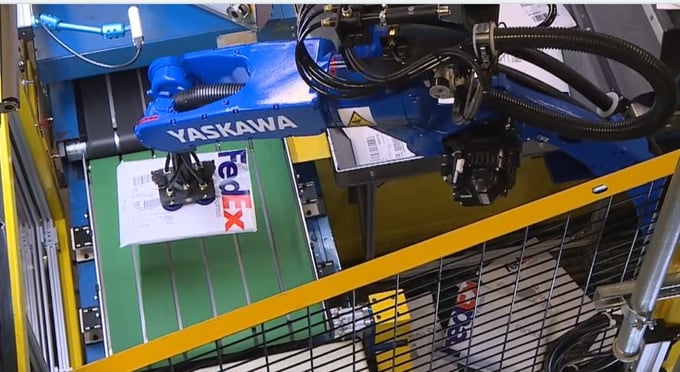 Image credits: FedEx
Image credits: FedEx
FedEx has flirted with robotic technologies before, most notably in the case of Roxo. The delivery robot made its debut in New York City last year, only to get the boot from Mayor Bill de Blasio. These days, however, the prospect of increased automation seems all the more pressing, as COVID-19 has left many reconsidering the human element of the supply chain.
- 0 Comments
- Aug 11, 2020 10:00:00 AM
Overcoming Teacher's Fear of Technology
It doesn’t matter if you are a new teacher or a veteran teacher; technology in general can be a bit terrifying. It’s not so much that it’s actually technology. It’s that often, as soon as new technology, software, and programs are released – and mastered – there is suddenly a new, more technically advanced version to learn.
 Photo by William Iven on Unsplash
Photo by William Iven on Unsplash
Then, when you throw in the fact that as teachers we are already crunched for time, so now it’s just one more area to learn, one more thing to add to our never-ending to-do list. And, we are told that we need to connect it/implement it into the students’ learning without training or with little training, so it quickly creates tension and a fear of technology within us.
- 0 Comments
- Aug 10, 2020 10:00:00 AM
Pepper Robot Can Scan Your Face and Ask you to Wear a Face Mask
Pepper is expanding its skills to help limit exposure to viruses and ensure people are wearing a mask in confined spaces. SoftBank Robotics Europe hopes the robot will help businesses reopen safely.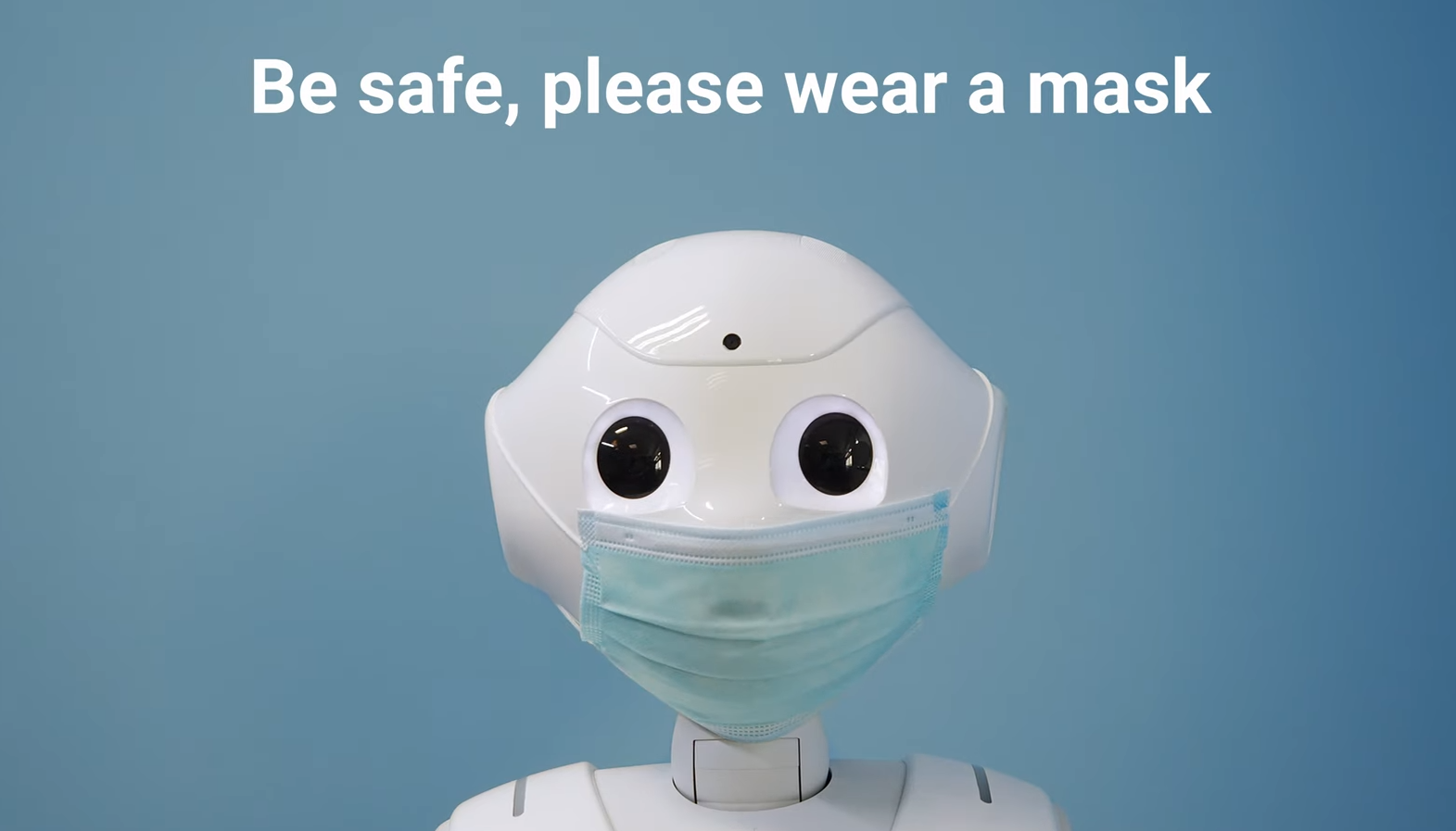
- 0 Comments
- Aug 6, 2020 10:00:00 AM
- Posted by Natalia Galvis
- Topics: Robotics, STEM, Pepper, Robots,, students, Technology, Edchat, coronavirus, covid19
Relevant Posts
Popular Posts
Subscribe to Email Updates
-
I Want To Learn MoreADDITIONAL INFORMATION


-1.gif?width=681&name=gif%20(1)-1.gif)
